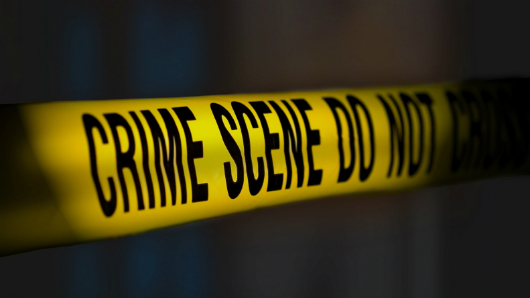A 25-year old Bangladeshi national, Shaheen Mia, was stabbed to death in a Malé café in the early hours of the morning on Sunday (March 22), while a Bangladeshi national identified as Bilal was found dead in Alif Alif Atoll Thoddoo Island last night.
Speaking to Minivan News, President of Thoddoo Council Hassan Ibrahim said Bilal, estimated to be between 20 and 25 years of age, was found naked with a piece of cloth tied around his neck.
Bilal’s employer Hussein Hassan found the dead body at 9:55pm at Seenusanfaage where he had been living with three other expatriate workers. Police officers from Rasmadhoo Island arrived at 10:45pm.
“The police questioned the people living with him if there had been any disputes between the Bangladeshi and anyone. They said there had been none, as he had only come to the island very recently,” Ibrahim told Minivan News.
Bilal’s body was brought to Malé at 4:00am today.
Thoddoo Council’s Assistant Director Ali Adam said a suicide was “highly unlikely” as Bilal could not have strangled himself with a piece of cloth.
The Maldives Police Services said they have not yet determined the cause of death and have not made any arrests.
Local media have said there were injuries to Bilal’s face when his body was discovered.
Meanwhile, two expatriate workers were stabbed in Malé tonight. According to the Maldives Police Services, one worker was stabbed at 7:30pm, and another was stabbed at 7:40pm near Malé fish market.
A police media official said an Indian and a Bangladeshi were injured, and that both have been hospitalised. The circumstances of the attacks, including the nationality of attackers, are not yet clear, the police said.
Meanwhile, at approximately 4:00am on Sunday, masked men dragged Shaheen Mia out from his workplace, Lhiyanu Café, in Malé’s western harbour district, and stabbed him in the chest. The expatriate staff work and sleep in the café.
The stabbing occurred after repeated threats the previous day. According to local media, a violent confrontation had occurred between Lhiyanu Café staff and a group of young men in the early hours of Saturday morning when the expatriate workers refused to serve coffee free of charge. The group vandalised the café before they left.
The same group came to the café at 6:00pm on Saturday and allegedly threatened to burn the place down. Staff had reported all threats to the police.
According to the Bangladeshi High Commission, Shaheen’s father on receiving news of his son’s death suffered a heart attack and died. Shaheen’s mother has also been hospitalised.
Meanwhile, Home Minister Umar Naseer said the government is considering closing restaurants and cafés by 12am and closing shops by 10pm.
Over 25 expatriate workers gathered in protest near the Bangladesh High Commission on Sunday, but were sent away by the police.
Human rights group Transparency Maldives has called on the Maldives Police Services to expedite the investigation of Shaheen’s death, and urged the state to prioritise and promote rights of migrant workers.
“Migrant workers are one of the most vulnerable groups in the country today. They face huge difficulties in accessing justice and get very little support from the community at large in protecting their rights,” the NGO said.
There are over 50,000 expatriate workers in the Maldives, according to the 2014 national census.
Street violence is common amongst Malé City’s numerous gangs. There have been 11 murders since November 2013.

 Commissioner Riyaz briefed the Gang Task Force on Wednesday, following his comments to local media the previous day.
Commissioner Riyaz briefed the Gang Task Force on Wednesday, following his comments to local media the previous day.